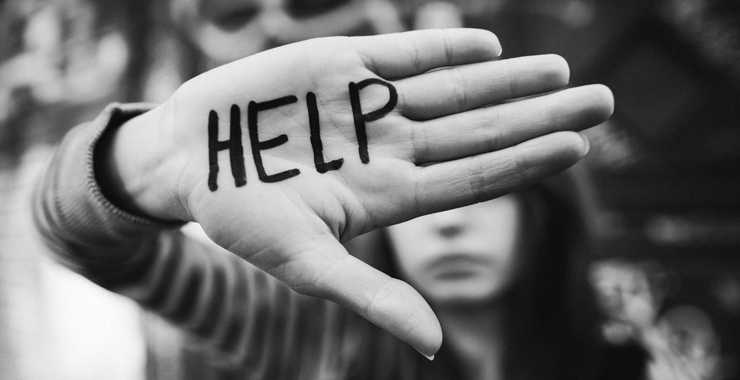There are many forms of Christian counseling, and one model that is a close cousin of Church Therapy is the church counseling center model. In this model, a church or group of churches establish a Christian counseling center, making mental health services accessible either in the church building or at a nearby site. In this model, there is usually some distinction between the pastoral staff of the church and the counseling center staff (who may or may not attend the church and do not have direct staff roles). For very large churches, this counseling center model is often a great way to meet the needs of a significant number of people.
I’m excited to let you know about Redeemer Counseling Services in New York City, a ministry of Redeemer Presbyterian Church (most commonly known for its famous, now retired, pastor Tim Keller). In addition to providing counseling services in several different locations around New York City, Redeemer Counseling Services seeks to offer resources for pastors, churches, and Christian counselors to help them start or grow their counseling programs. They offer workshops, service manuals for counselors, and a 9-month fellowship program. When you subscribe to their monthly newsletter, you will get tips and further resources to help you address mental health issues in your congregation.
I often say that the mental health situation in the church requires all hands on deck. We need private Christian counseling practices, church counseling centers, and church therapists integrated into the church staff/life. There is no one model that is right for every situation. We will serve the church best when we work together in the roles to which God has called us in order to end stigma and provide care in a holistic and Christ-like way.










